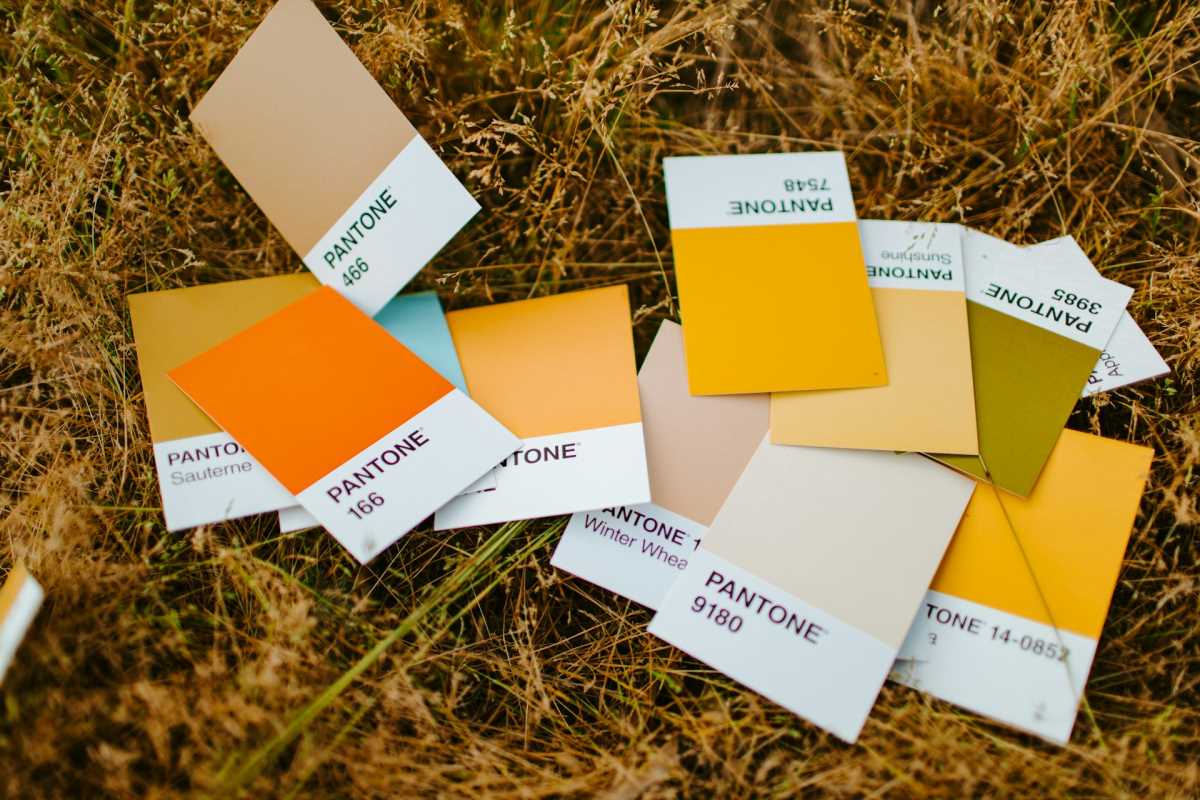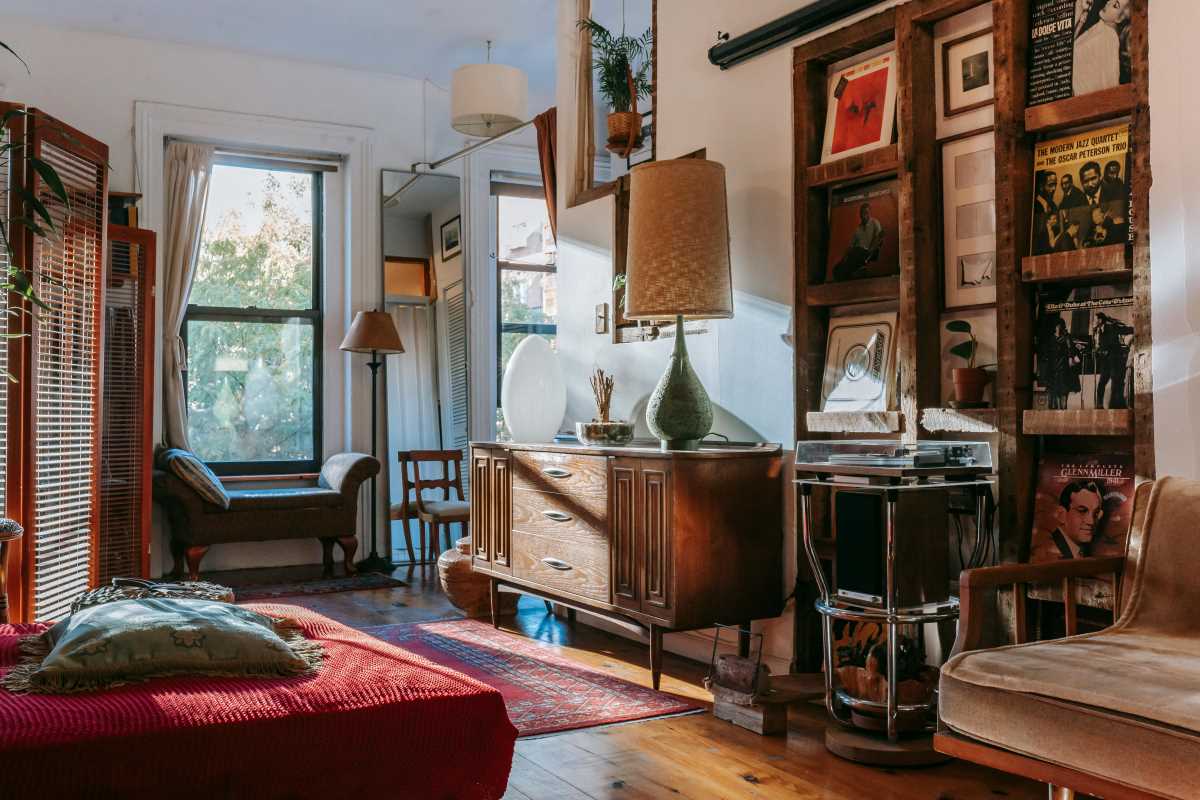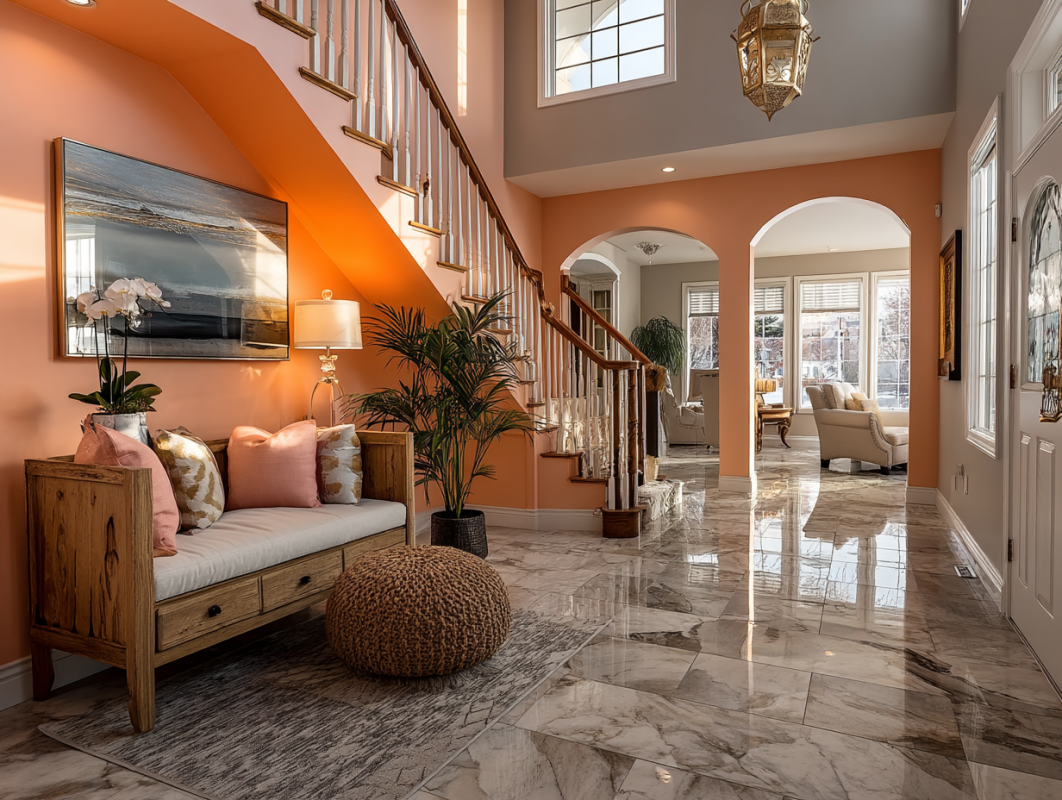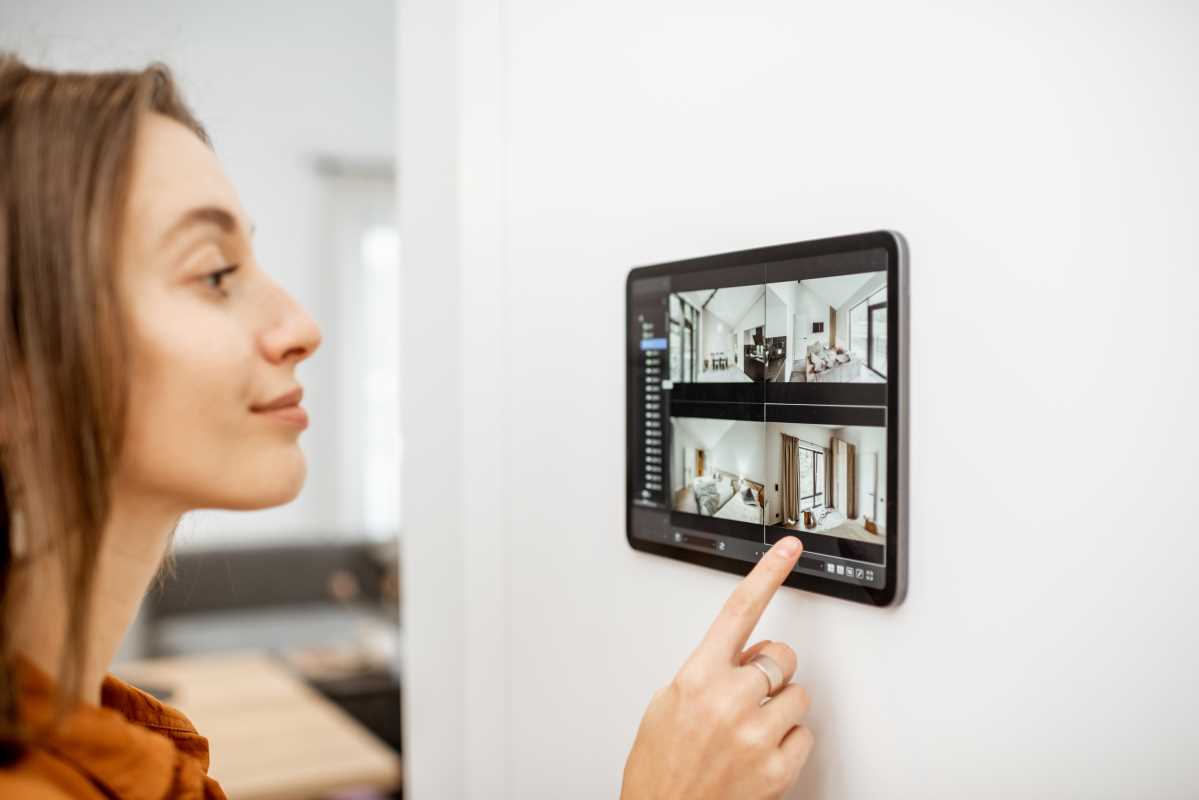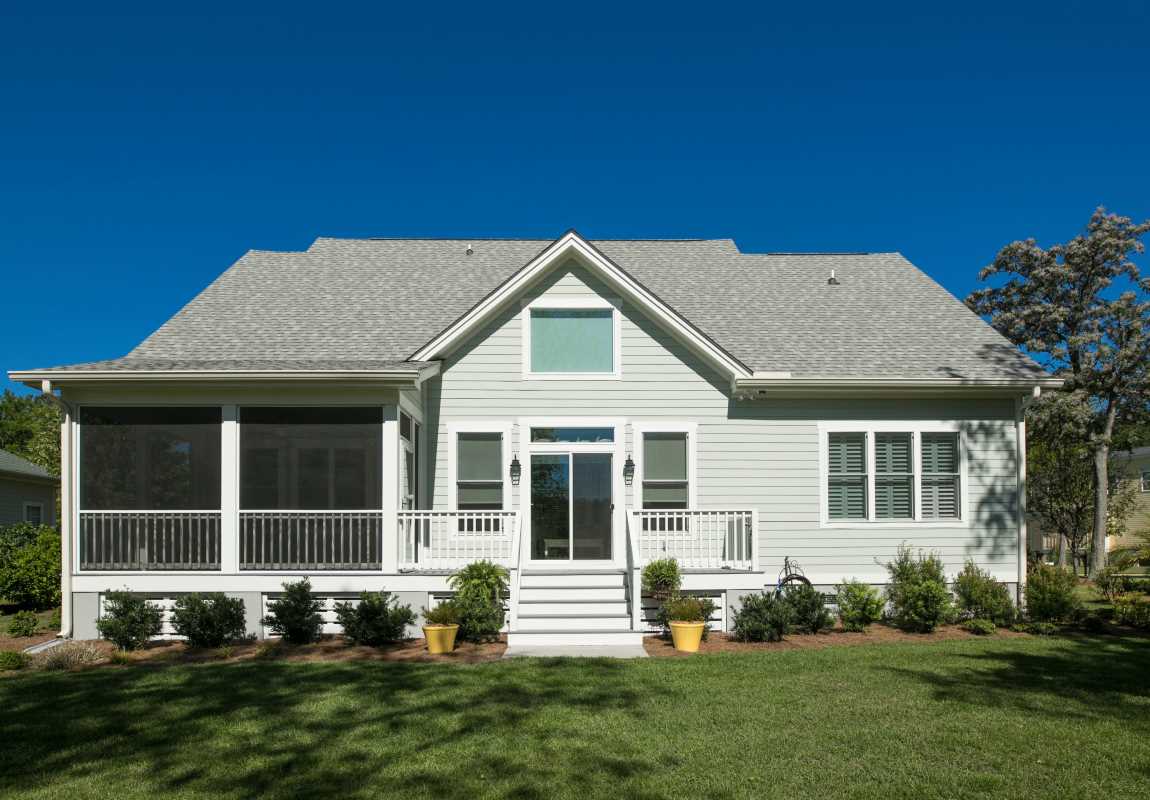Choosing the perfect flooring for your home is a big decision—it sets the stage for your entire living space, impacting its look, feel, and functionality. Whether you're diving into a full remodel, building from scratch, or just sprucing up a single room, the variety of flooring options can be both exciting and overwhelming. Each type comes with its own perks and pitfalls, so it's crucial to weigh your home's unique needs, your lifestyle, and your budget. Let's explore some popular flooring choices, their pros and cons, and help you find the perfect match for your space.
Hardwood Flooring
Hardwood flooring is a timeless classic that brings warmth, character, and value to any home. Available in species like oak, maple, and cherry, it can be stained to fit any design style. Whether you're renovating your living room or remodeling your entire house, hardwood flooring can add an elegant, natural touch to your home.
Pros:
- Aesthetic Appeal: Hardwood floors exude elegance and suit nearly every interior style, from traditional to modern. Its natural beauty and rich tones can make a room feel inviting and warm.
- Longevity: With proper care, hardwood can last for decades, making it a solid long-term investment. In fact, some hardwood floors may even last for a century or more.
- Easy to Refinish: Unlike many other flooring types, hardwood can be sanded and refinished to restore its beauty. If your floor becomes scratched or worn over time, refinishing it can breathe new life into the space.
- Allergy-Friendly: Wood doesn't trap dust, pollen, or allergens, making it an excellent choice for allergy sufferers who may have trouble with carpets or other materials that trap particles.
- Increased Home Value: Hardwood floors can increase the resale value of your home, making it an attractive option if you plan on selling in the future.
Cons:
- Cost: Hardwood can be pricey, especially for premium wood species such as mahogany or walnut. The upfront cost, as well as installation fees, can add up quickly.
- Scratching and Dents: While durable, hardwood is prone to scratches and dents, particularly in high-traffic areas or homes with pets. Soft woods like pine are more susceptible to damage.
- Maintenance: Regular cleaning and occasional refinishing are needed to keep it looking its best. Hardwood floors also require resealing to protect them from moisture.
- Water Sensitivity: Wood can warp if exposed to moisture, so it's not ideal for bathrooms or kitchens unless sealed properly. Spills should be cleaned promptly to prevent damage.
Laminate Flooring
Laminate is a budget-friendly alternative to hardwood, offering a similar look without the hefty price tag. It's made from synthetic materials that mimic wood, stone, or other surfaces, providing the aesthetic of high-end flooring at a fraction of the cost.
Pros:
- Affordability: Laminate is generally cheaper than hardwood, making it a great option for budget-conscious homeowners. It also tends to cost less to install, especially if you choose DIY-friendly options.
- Durability: Resistant to scratches, dents, and stains, laminate is perfect for homes with kids or pets. It holds up well in high-traffic areas and is easy to maintain.
- Easy Maintenance: Laminate is simple to clean with just a sweep and mop. Unlike wood, it doesn’t require sealing or refinishing, making it a low-maintenance choice.
- Variety of Styles: Available in many finishes that mimic wood, stone, or tile, laminate can match nearly any design aesthetic. The options available in terms of texture and pattern make it a versatile choice for any room.
- Quick Installation: Many laminate flooring products feature a click-lock system, making them easy to install without the need for nails or glue. This can save both time and money.
Cons:
- Less Authentic Appearance: While laminate has improved over the years, it still lacks the authentic feel and natural variations of real wood. It can be difficult to replicate the intricate grain patterns and textures found in hardwood.
- Temperature Sensitivity: Laminate can feel cold underfoot, especially in colder climates. It also expands and contracts with temperature fluctuations, which may cause gaps or warping in extreme conditions.
- Sound: Laminate floors may sound hollow or noisy when walked on, which can be annoying in spaces like bedrooms or apartments. Underlayment is often recommended to mitigate this issue.
- Limited Refinishing: Unlike hardwood, laminate cannot be sanded or refinished if damaged. If a laminate plank gets scratched or dented, it typically needs to be replaced.
Tile Flooring
Tile flooring is a popular choice for bathrooms, kitchens, and entryways due to its durability and water resistance. Tile comes in a wide variety of materials, including ceramic, porcelain, and stone, offering an abundance of design options.
Pros:
- Water Resistance: Tile is impervious to water, making it ideal for moisture-prone areas like bathrooms, kitchens, and basements. Water spills are easy to wipe away, preventing damage to the flooring.
- Variety of Styles: Tile comes in a vast array of colors, patterns, and sizes. Whether you want a sleek, modern look or a more rustic feel, tile can accommodate almost any design preference.
- Durability: Tile is extremely durable and resistant to scratches and stains. It’s one of the longest-lasting flooring options, with porcelain and ceramic tiles typically lasting for decades.
- Temperature Control: Tile stays cool in hot weather, making it an excellent choice for warmer climates. Additionally, tile floors work well with radiant floor heating, which can provide warmth during the winter months.
Cons:
- Cold Underfoot: Tile can feel cold and hard, making it less comfortable for living areas, especially during colder months. You may want to invest in area rugs or radiant heating to combat this.
- Grout Maintenance: While the tiles themselves are easy to clean, grout can stain and discolor over time. Grout lines may also require regular maintenance to keep them looking fresh and clean.
- Hardness: Tile is not forgiving, so dropped items can crack or chip the surface. This can be especially problematic in high-traffic areas where items are more likely to fall.
- Installation: Tile installation can be complex and often requires professional installation to ensure the floor is level and the tiles are properly sealed. Improper installation can lead to cracking or uneven surfaces.
Carpet Flooring
Carpet adds warmth and comfort, making it a cozy choice for living rooms and bedrooms. It’s available in a wide range of textures, colors, and patterns, offering numerous options to match your home’s style.
Pros:
- Comfort and Warmth: Carpet is soft and warm underfoot, which is ideal for colder climates. It makes spaces feel more inviting and cozy, especially in bedrooms or family rooms.
- Sound Insulation: Carpet naturally absorbs sound, making it a great choice for reducing noise in multi-level homes or apartments. This is particularly helpful if you live in a busy household.
- Variety of Choices: Carpet comes in countless styles, colors, and textures, offering almost unlimited design possibilities. From plush and luxurious to more casual and textured, there's something to fit every taste.
- Affordability: Carpet is generally more budget-friendly than hardwood, tile, or other premium materials. It’s a great option for homeowners who want to update a room without breaking the bank.
Cons:
- Stains and Maintenance: The carpet is prone to staining and can trap dirt, dust, and allergens. Regular vacuuming is required to maintain its appearance, and deep cleaning or professional cleaning is often necessary to keep it fresh.
- Durability: Over time, carpets can wear down, especially in high-traffic areas. The fibers may become matted, and the carpet may lose its appearance, requiring replacement.
- Allergens: Carpet can harbor dust mites, pet dander, and other allergens, which may be a concern for individuals with respiratory issues or allergies.
- Limited Use: Carpet isn’t ideal for kitchens or bathrooms, where spills and moisture can cause damage. It also doesn’t hold up well in high-humidity areas.
Vinyl Flooring
Vinyl flooring is a versatile and affordable option that can mimic the look of wood, stone, or tile. It’s available in sheets, planks, or tiles, offering various installation options.
Pros:
- Affordability: Vinyl is one of the most budget-friendly flooring options, making it ideal for homeowners who want to achieve the look of higher-end materials like hardwood or stone without the steep price tag.
- Durability: Vinyl is resistant to scratches, stains, and moisture, making it an excellent choice for high-traffic areas or homes with kids or pets.
- Comfort: Softer and warmer underfoot than tile or hardwood, vinyl can provide additional comfort in spaces like kitchens or bedrooms.
- Easy Installation: Many vinyl products feature peel-and-stick or click-lock designs, making them simple for DIYers to install.
Cons:
- Less Luxury Appeal: While vinyl can mimic the look of wood or stone, it lacks the texture and authenticity of these materials. It can also feel less luxurious in high-end homes.
- Environmental Impact: Traditional vinyl is not biodegradable and may not be the best choice for environmentally conscious consumers. However, some eco-friendly options are available.
- Durability: While vinyl is durable, it can be susceptible to gouging or tearing if sharp objects are dropped on it. It may not last as long as tile or hardwood.
Choosing the right flooring for your home is a balancing act of functionality, aesthetics, comfort, and cost. Whether you’re drawn to the elegance of hardwood
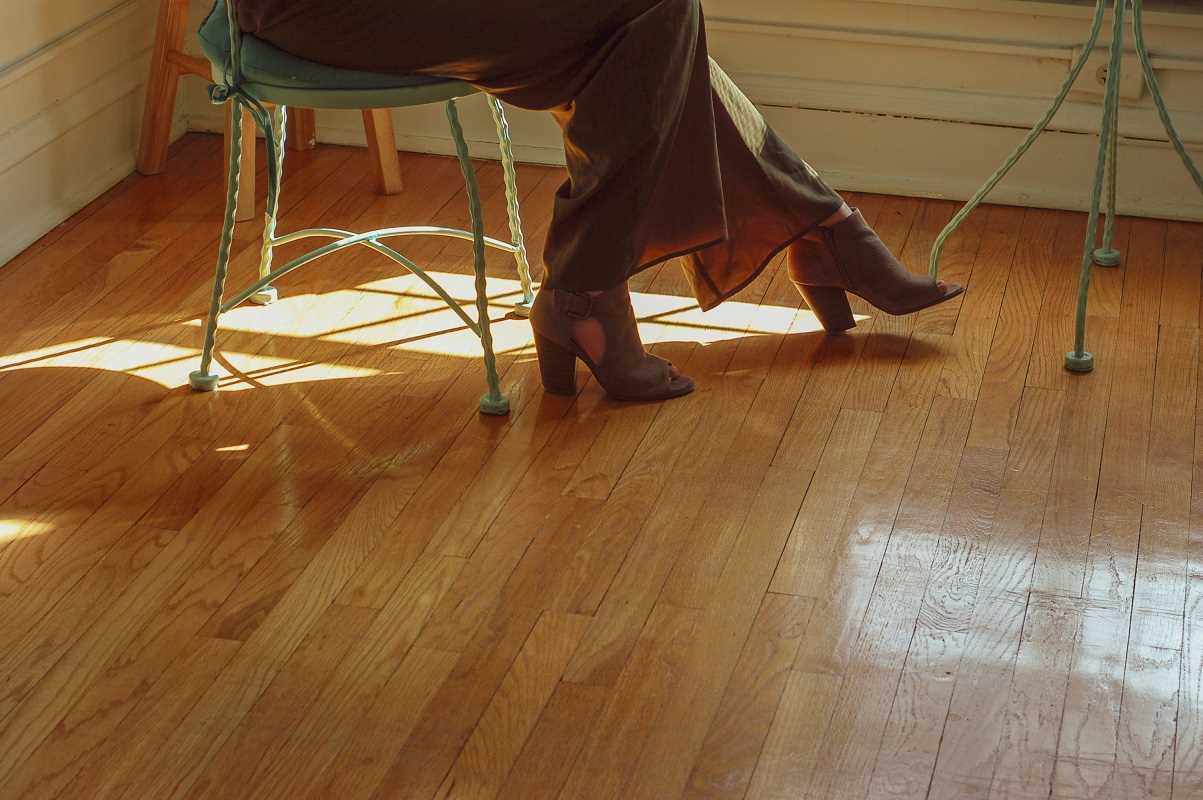 (Image via
(Image via